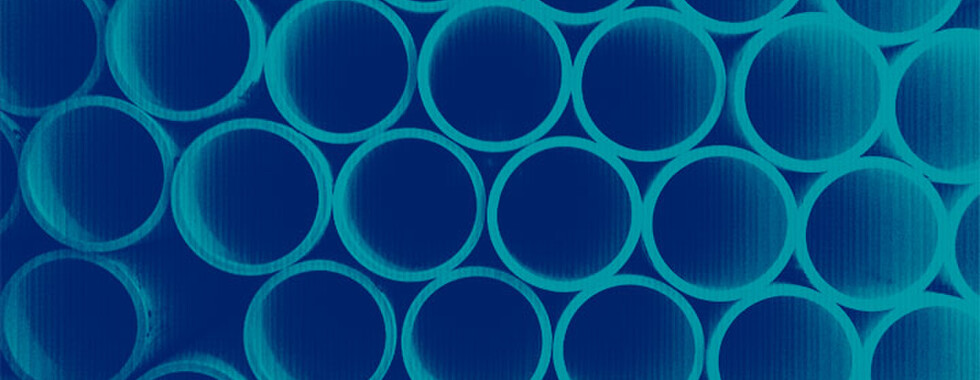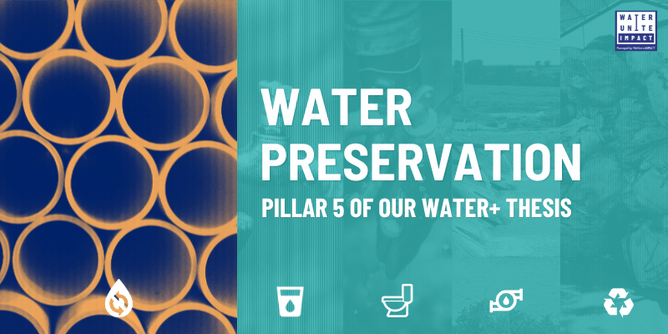Ahead of an exciting announcement later on this month, we have decided to spotlight Pillar 5 of our Water+ thesis: Water Preservation.
Water preservation is a critical global issue surrounding the efficient use and management of water resources to reduce waste and ensure sustainable development. Water is a finite resource that is essential for all aspects of life. However, our global water resources are facing increasing stress, due to climate change and a growing population, making water preservation more crucial than ever before.
The world faces a significant challenge in water preservation due to the increasing demand. Water scarcity is a growing crisis affecting many parts of the world. According to the United Nations, over 40% of the global population currently experiences water shortages, and this figure is expected to grow in the coming years.
To make matters worse, less than 3% of the world’s water supply is freshwater suitable and accessible for human use. By 2050, the amount of water available could be reduced by 10-15%, with some rivers seeing 50-80% less water during the summer months. It will increase the risk of drought due to hotter, drier summers and less predictable rainfall. According to current projections, many parts of the world will experience significant water deficits by 2050.
As the world's population grows, so does the demand for water in a variety of sectors, including agriculture, industry, and domestic use. This has resulted in severe water scarcity and the depletion of water reserves. If these trends continue, they will have negative consequences for the environment, human health, and economic growth.
This is why it is critical that we preserve water and change our mindset to consider it a precious and limited resource. At Water Unite, our mission is to reduce water waste through supporting companies that champion improved processes, design and technology innovations. By using water more efficiently, we can minimise the amount of additional water resources being taken out of our rivers and aquifers, which is especially important as they are put under more strain as demand increases. This protects our water resources and the wildlife that live in them and rely on them for their survival. By using technology and implementing innovative practices we can minimise water loss and overuse, ensuring a more sustainable approach to water management.
An example of how innovative technology can be used to preserve water is Seabex, an AI-powered irrigation solution that monitors water-soil content and provides insights to prevent overwatering and reduce water waste. The agricultural sector is a major consumer of water and is responsible for approximately 70% of natural water withdrawals. Implementing agri-water strategies that focus on water-smart solutions can significantly reduce water usage and promote efficient water use in farming practices.
Seabex’s solution can reduce farmers’ water consumption levels by an average of 30% through e-monitoring and a smart automation system that helps farmers strike the right water consumption balance, leading to both better quality and quantity production. As a result, Seabex's solution can help farmers to increase their yields by an average of 20%. In a time where water scarcity is becoming vastly more problematic, Seabex can help farmers reduce their agricultural footprint by helping them to deploy its AI irrigation system to optimise efficiency, prevent water wastage and avoid over-watering their crops.
Water Unite is dedicated to water preservation through both small everyday actions and investments in innovative solutions. As our planet faces growing pressure from climate change and an increasing population, it is crucial to prioritise water preservation for a sustainable future.

